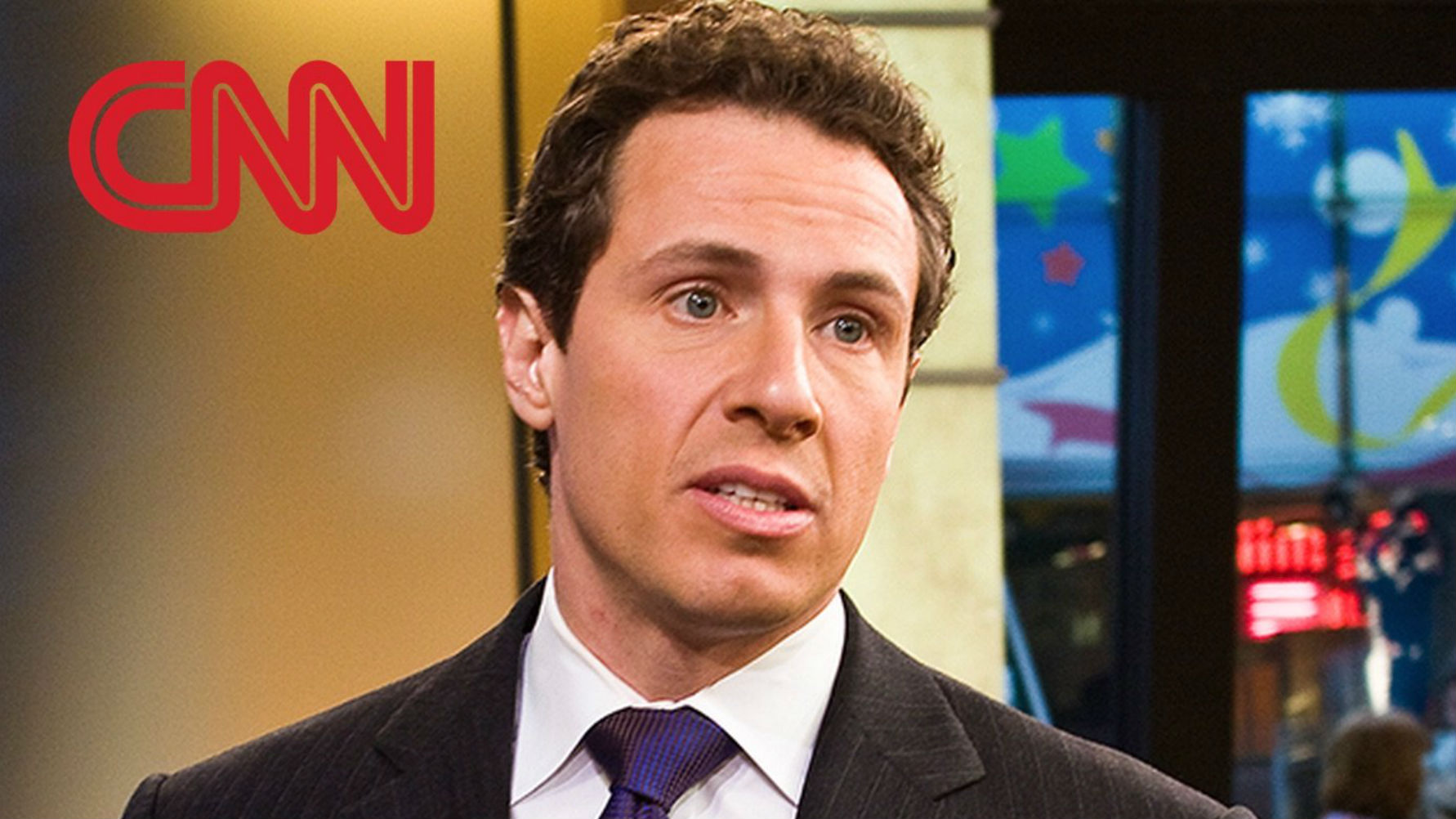Our “follow your dreams” culture encourages us to listen to our gut, while society demands practicality. But what does that mean for artists?
Search Results
You searched for: John Doe
He hasn’t shot an episode of Let’s Make a Deal for decades, but Monty Hall’s name still graces a statistical brouhaha from the early 1990s, and the drama he cultivated on […]
Chris Cuomo, a CNN anchor and the brother of New York’s governor, Andrew Cuomo, performed a valuable public service on Wednesday when he sent what I would hope is the […]
“Daddy, why do all the players have dark skin?” When my eldest daughter posed this question one football Saturday six years ago, she had no concept of race in mind […]
“Poetry should be great and unobtrusive, a thing which enters into one’s soul, and does not startle it or amaze it with itself, but with its subject.”
An English teacher explains why parents who want their kids to love reading need to let them choose their own books.
Compared to a human lifetime, the Universe is ancient.But even a single year holds important changes. “We are not the same persons this year as last; nor are those we […]
Jeff Reeves over at MarketWatch says a stronger dollar will hurt investors in 2015.
And if so, how does Einstein’s relativity — both special and general — cope? “If everything seems under control, you’re not going fast enough.” -Mario Andretti The end of the week means another dip […]
How one of the first tests of special relativity might lead to the greatest particle accelerator of all-time. “One feels that the past stays the way you left it, whereas […]
PURPOSE: Set Goals, with John Amaechi In this lesson from Big Think+, NBA basketball player John Amaechi shares with you the plan he created as a child to help him […]
It’s hard to remember a major show at a major American museum generating so much angst as Björk at The Museum of Modern Art, New York. Some arts sites quickly began aggregating art critics’ aggravation over almost every detail of the show. What began as art criticism evolved into a media lynching of the MoMA, American museums, and pandering-to-the-public curators (in this case, Klaus Biesenbach). New York art world critics, and husband-and-wife team, Jerry Saltz and Roberta Smith hated the show in different ways, but both connected to their love of Björk and her music. ArtNews’ M.H. Miller wins the poison pen prize, however, for coining the new critical term “starf@#king” to describe the MoMA’s treatment of Björk as much as its treatment of the viewing public. The question of whether Björk is good or not might really be a question of what Björk is really about.
“It is better to be a human being dissatisfied than a pig satisfied, better to be Socrates dissatisfied than a fool satisfied,” said John Stuart Mill.
NASA represents a full 50% of the world’s expenditures on space science & exploration. What should we expect from it? “This Administration has never really faced up to where we […]
Whereas European countries were once able to tap into their history for subjects for opera, America’s never succeeded in doing the same. That problem comes in part from the decline in opera as a popular, public art form, but also perhaps from the lack of operatically epic subjects to be found in American history. Now, composer David T. Little hopes to create a modern American opera with JFK, a 2-act, 2-hour opera focusing on the life of President John F. Kennedy, whose life and death became defining moments not only for the Baby Boom generation, but also, many would suggest, the hinge upon which all American history turns for the last half century. Set to premier in 2016, JFK as a work-in-progress already raises important questions about how opera (and art in general) can approach history.
It won’t solve everything, but there’s something we can all do to help sequester carbon. It’s as easy as planting a tree. “I believe that we are here for each […]
How many does it take to give us our Universe, and what’s left unexplained? “The joy of life consists in the exercise of one’s energies, continual growth, constant change, the […]
As a country, we find ourselves promoting marriage as an unequivocal social good yet failing to provide to the conditions under which marriage can thrive.
It’s the richest lottery game in the USA. When is it worth it to play? “I’ve done the calculation and your chances of winning the lottery are identical whether you […]
Whether or not you believe there’s a problem, we’re all part of the solution. “Bad men need nothing more to compass their ends, than that good men should look on […]
Spoiler: NO, not a chance. Now find out why. “There is, I believe, in every disposition a tendency to some particular evil, a natural defect, which not even the best […]
Scientists have yet to determine exactly how emotions happen, let alone how we differentiate between our experiences of them. University of Connecticut professor Ross Buck, expert in emotion and nonverbal […]
There is a tiny, miniscule, itsy-bitsy minority of American families of which every member of the group enjoys a contentious debate at the Thanksgiving table. Chances are that your family isn’t one of them, so instead of being a loudmouth try to talk about more neutral subjects.
Without dedicated devil’s advocates, groups are doomed to make poorly informed and sometimes dangerously bad decisions.
If they’re so massive that not even light can escape, how can we see them? “According to the special theory of relativity nothing can travel faster than light, so that […]
How to figure out your location on Earth with only the most primitive tools. “And you may find yourself in another part of the world.And you may find yourself behind […]
Two decades after Antioch College, a small liberal arts college in Ohio, was ridiculed on “Saturday Night Live” for its policy of requiring students to obtain verbal consent from potential […]
The cosmic background radiation of the Universe once fried everything, but is now barely above absolute zero. Where did that energy go? “I think one of the coolest things you […]
Not a chance. What we’ve found may be a mystery, but it’s definitely not our Universe’s missing mass. “Time takes it all whether you want it to or not, time […]















